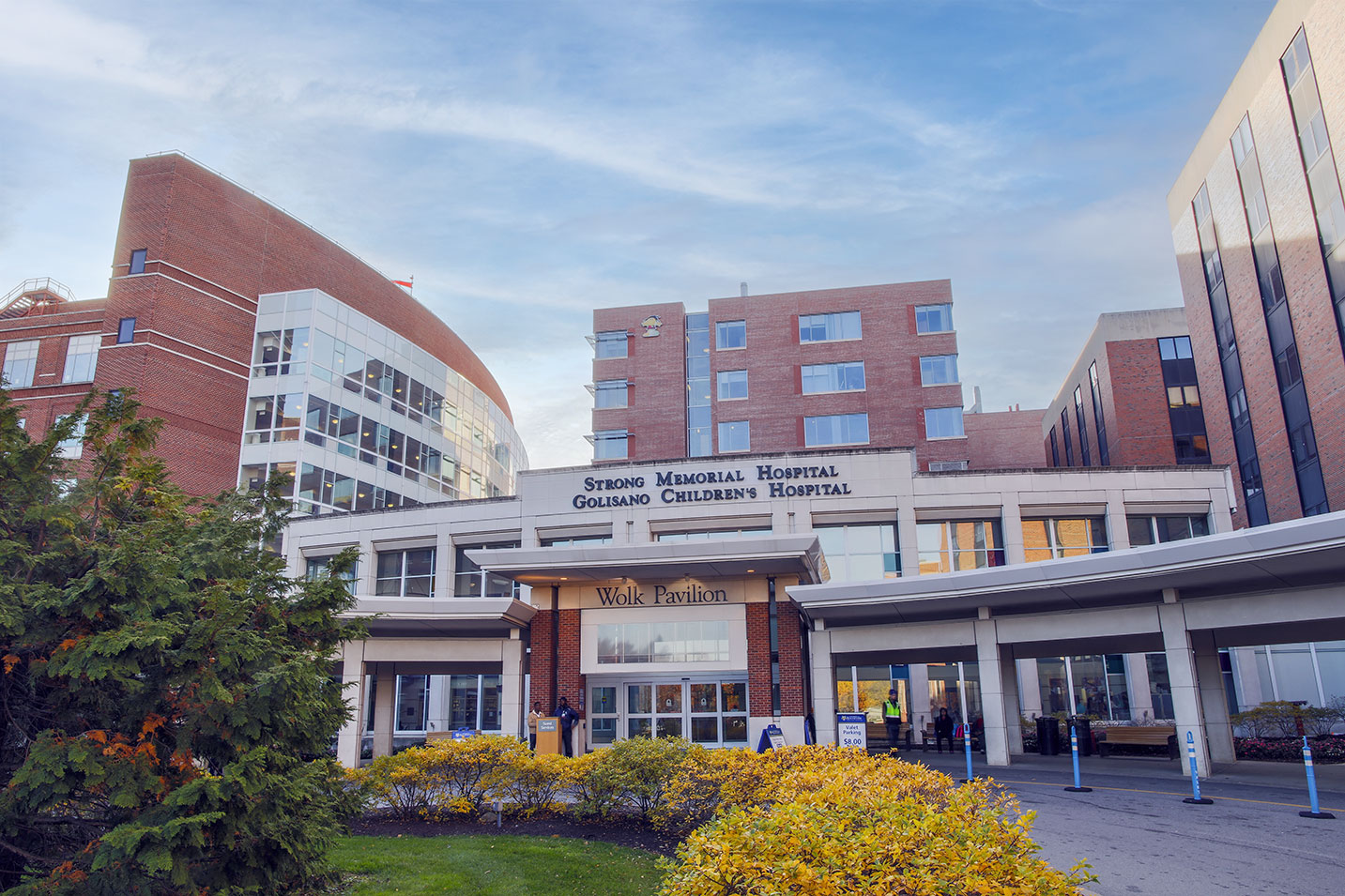Gum Disease (Periodontitis)
Make Appointments & Get Care
What is Gum Disease?
Periodontal diseases are also called gum diseases. The word periodontal means "around the tooth." They are serious bacterial infections that attack the gums and the nearby tissues that hold the teeth in place. Among adults over age 35, 75% have gingivitis, a mild form of gum disease. If left untreated, bleeding gums and gingivitis can lead to a more serious form of gum disease called periondontitis.
Generally, periodontal disease isn't painful, but if your gums are swollen, bleeding, or uncomfortable, you likely need a periodontist. Other symptoms may include persistent bad breath, receding gums, and loose or separating teeth. As with many other oral health diseases, bacteria and plaque buildup is often the cause. In fact, plaque buildup (which contains many kinds of bacteria) is the leading cause of gum disease. Other factors may include smoking, alcohol use, diabetes, certain medicines, and more.
Eastman Dental and the University Dental Faculty Group have an entire team of experts to serve you.
Make an AppointmentUR Medicine's Approach
For successful dental implant treatment, you need the care of both a periodontist and a prosthodontist (the specialty focusing on restoration). At Eastman Dental, our coordinated team approach ensures that both specialists will be guiding your care.
Periodontists have special expertise in gum disease, which is often the underlying cause of unhealthy or missing teeth. A periodontist also focuses on treating the structures that support your teeth and placing dental implants. Dental implants replace missing or damaged teeth. They look like real teeth and also have the stability, comfort, and functionality of real teeth.
Treatment may include one or more of the following:
- Tartar (calculus) and plaque removal beneath the gums. Deep cleaning (also called scaling and root planing) can help remove tartar beneath the gums and infected tissue in the early stages of the disease. It also smoothes the damaged root surfaces of the teeth. The gums can then reattach to the teeth.
- Medicine. Antibacterial medicines may be placed topically in the periodontal pockets or taken orally.
- Surgery.When the disease is advanced, the infected areas under the gums will be cleaned, and the tissues will then be reshaped or replaced. Types of surgeries include:
- Pocket reduction
- A regeneration procedure
- A soft tissue graft
- Crown lengthening
What Sets Us Apart?
Some of the top periodontists and prosthodontists in the world were trained by Eastman Institute for Oral Health. All work is supervised by board-certified specialists who are recognized both nationally and internationally.
Our experts are involved in research to develop ever better treatments and work with the same highly respected labs as the best private practices. We use the latest technologies to design and craft exceptionally beautiful smiles.
If you’re not completely certain whether periodontal therapy, implants, or veneers are right for you, you can come in for a free consultation. We’ll be happy to answer all your questions so you can make the decision that’s right for you.
Locations
View All LocationsWe serve you in the Rochester metropolitan area and surrounding region.
View All Locations3 locations
Clinton Crossings, Building H
2400 South Clinton Avenue, Suites 125 & 220
Rochester, NY 14618
Strong Memorial Hospital
601 Elmwood Avenue, 4th Floor
Rochester, NY 14642
